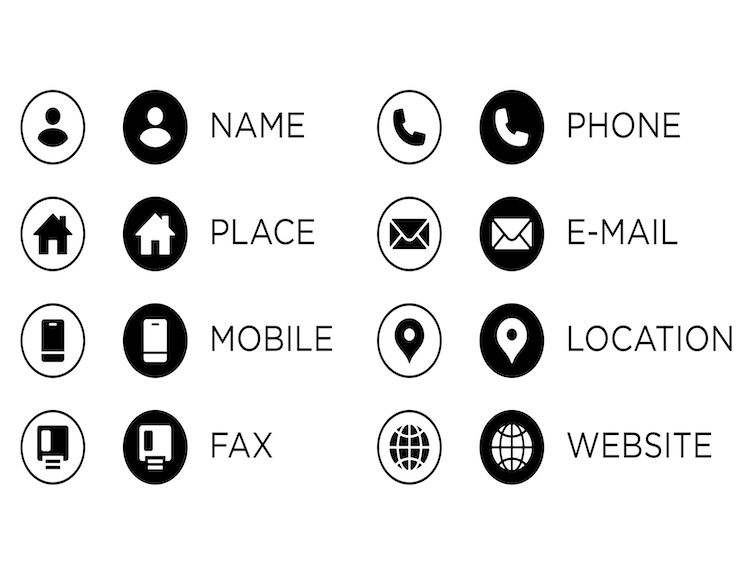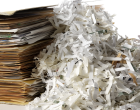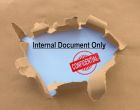12 Odd Items You Should Shred to Protect Your Identity
Leave Nothing to Chance!
Some people are in love with puzzles. They will spend hours finding a four-letter word starting with the letter ‘Q’ in a crossword. Jigsaw puzzles provide a fun way to spend time with family. Other online puzzles have the whole office trying to figure it out.
For a few people, the average puzzle is not enough. Instead, they prefer to take bits of valuable information belonging to others, and piece together an identity to steal. They will use technology to scan for data and go dumpster diving for documents and computer hard drives. One way to protect your company and personal information is by utilizing professional information destruction services.
12 Things You Should Shred Instead of Throwing Away
Who would have thought that an old birthday card could be used against you? That may seem like a far-fetched possibility, but when a criminal wants to steal, they will use whatever they can. Here are a dozen “odd” items you should consider shredding to protect you, your family, and your business:
- Photos and IDs: Photographs can be scanned and uploaded to the web, along with any information included in the background. When you throw these items away instead of shredding them, you give a cybercriminal opportunity to create new IDs and other things to help them steal.
- Receipts: The receipts from the gas station, bulk wares store, and other retail shops have your name and part of your credit card number on it. These give many other details away, like your buying habits.
- Items with QR codes: They are convenient for seeing a menu, school campus, or help you apply for a loan, conveniently pre-populated with your information. Shredding them helps keep you or your company’s information safer.
- Shipping labels: Along with return labels and packing slips, shipping labels hold some personal identification that can be used to piece together an identity.
- Junk mail: Even the postcard you received has your address on it. Don’t throw it out; shred it, especially if they are credit card offers.
- Travel documents: These items have content and QR codes on them with your personal information; some of it is highly personal.
- Sticky notes: We use sticky notes to scratch addresses, phone numbers, and account numbers. It is better to shred them than throw them away.
- Specific tax records: While you must keep your tax documents and W-2s, you can eliminate the paystubs. After seven years, you can shred other tax documents as well.
- Credit card and utility bills: What else could be a thief’s buffet of information than your credit card statement or utility bill? They have account numbers, addresses, and your name—a complete meal made of identity-theft ingredients.
- Personalized coupons: Some stores send out customized coupons. Not only do they have your name and address, but they also reveal your shopping habits.
- Personal letters: Many people use personal items for their security questions. A thief can get a great tip-off from personal letters.
- Resumes: Next to credit cards and utility bills, your resume offers much about who you are. All of which can be used against you by a thief.
Stop Identity Theft – Use Professional Document Destruction Services
Keep your personally identifiable information safer by shredding anything that gives away who you are, what you do, where you go, and so on. Crown Information Management provides various services that help you safely get rid of paper, hard drives, X-rays, and more. Contact us for more details.
For help with properly destroying your confidential documents, put our team to work for you. Call Crown Information Management at 800-979-9545 or contact us online to learn more about our services.






